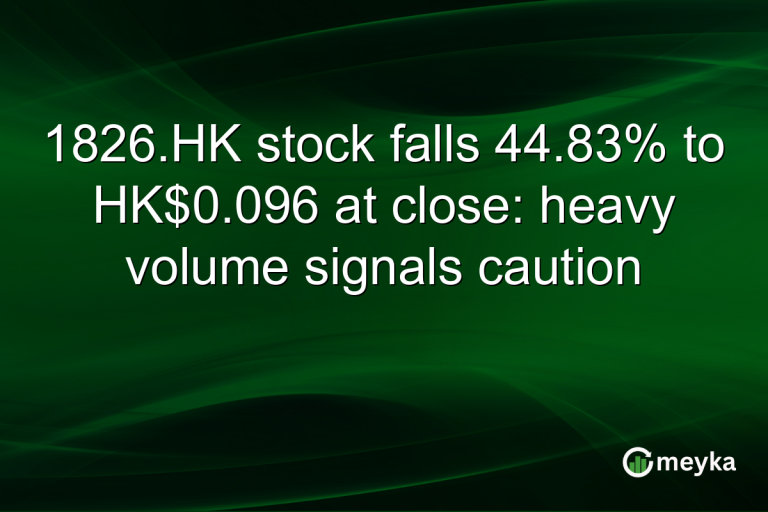Asiana Airlines News Today: Merger with Korean Air Faces New Delays
Asiana Airlines is in the headlines today as the much-anticipated merger with Korean Air encounters fresh delays. This latest update is crucial for stakeholders tracking the Asiana Airlines merger news. Regulatory hurdles and anti-competition concerns are contributing to yet another setback, marking a significant moment for South Korea’s aviation industry. The implications of these developments are far-reaching, affecting both domestic travel and international routes, and investors are keenly observing the evolving scenario.
Understanding the Merger Delays
The Asiana Airlines merger news states that the recent delay stems from concerns by global regulatory bodies over potential monopolistic outcomes. The fear is that a combined entity might dominate the market, reducing competition and potentially elevating ticket prices. Asiana Airlines and Korean Air, the two largest carriers in South Korea, represent a significant portion of the aviation market. Regulators are scrutinizing every aspect to ensure fair play. Currently, the airlines face regulatory reviews in multiple jurisdictions, with European and U.S. regulators particularly concerned about fair competition. These evaluations are critical since they hold the power to delay or even derail the merger. On South Korean soil, the merger’s approval hinges on passing stringent anti-monopoly assessments, which have shown no signs of leniency.
Impact on South Korean Aviation
The delay in the Asiana Airlines merger has substantial implications for the South Korea aviation sector. With both airlines controlling a large market share, potential efficiency gains could be lost due to these regulatory challenges. The merger aims to create a stronger global competitor capable of service expansions and operational synergies. However, competitor airlines like Jeju Air could benefit from the delay, potentially capturing market share if the merger continues to face obstacles. The merger is poised to change air travel dynamics within South Korea and internationally, influencing route expansions and fares. For more on this, refer to Bloomberg’s coverage.
Investor Reactions and Market Sentiment
The stock market reacted swiftly to the Asiana Airlines merger news. As of today, Asiana’s stock (020560.KS) showed minimal movement, indicating the market has partially priced in these regulatory delays. Investors remain cautiously optimistic, banking on eventual approval to unlock potential growth and synergies. Traders are highlighting concerns over whether the merger will indeed bring the expected value enhancements. Meanwhile, the tactical maneuvering by other airlines in the region is closely monitored, as they might seize opportunities arising from the merger uncertainties. The cautious sentiment surrounds potential future moves by stakeholders if the merger faces further delays.
Challenges in Air Travel and Future Outlook
The continuing hurdles in the Asiana Airlines merger indicate broader regional impacts on air travel. As regulatory bodies take a hard stance, flexible regulatory frameworks are necessary to foster equity and competition. The South Korean aviation merger faces formidable challenges, ensuring no anti-competitive harm arises from the merger. For travelers, any significant merger-related adjustments could affect flight routes and pricing. If successful, the merger promises advancements in service, particularly across high-demand Asian routes, making travel more efficient and competitive. To keep up with these changes, explore Yahoo Finance’s insights.
Final Thoughts
The Asiana Airlines merger with Korean Air is a pivotal event, reflecting the complexities of airline consolidations in today’s market. As highlighted in the Asiana Airlines merger news, the delays present challenges and opportunities for stakeholders. Investors, regulators, and passengers alike are deeply invested in the outcome. The merger’s potential to reshape the South Korean aviation landscape depends on navigating these regulatory waters. As such, investors are advised to stay informed with real-time analytics tools like Meyka for insights into future developments.
FAQs
The merger delay is primarily due to concerns raised by global regulators regarding potential monopolistic effects. Regulatory bodies in regions like Europe and the US are scrutinizing the deal for fair competition, which has prolonged the approval process.
The delay could allow competing airlines like Jeju Air to gain market share. It affects operational synergies the merger aims to deliver. Also, it may impact route efficiency and pricing strategy within South Korea and in international markets.
Investors show cautious optimism. Current stock performance suggests that the market has partly accounted for possible delays. They remain hopeful for potential long-term gains from operational efficiencies that the merger promises, pending approval.
If approved, the merger would create a robust competitor in the global aviation market. It could lead to improved service offerings, route efficiencies, and potentially lower costs for consumers due to operational synergies.
Meyka is an AI-powered platform that provides real-time financial insights and predictive analytics, aiding investors to stay informed on developments like the Asiana Airlines merger. It offers tools to analyze market trends and regulatory updates efficiently.
Disclaimer:
This is for information only, not financial advice. Always do your research.






